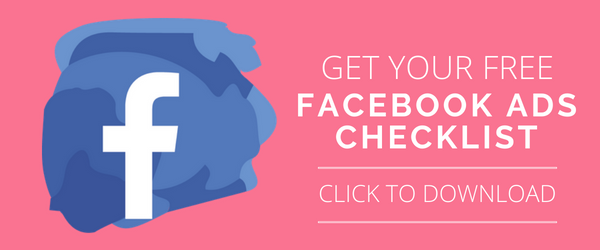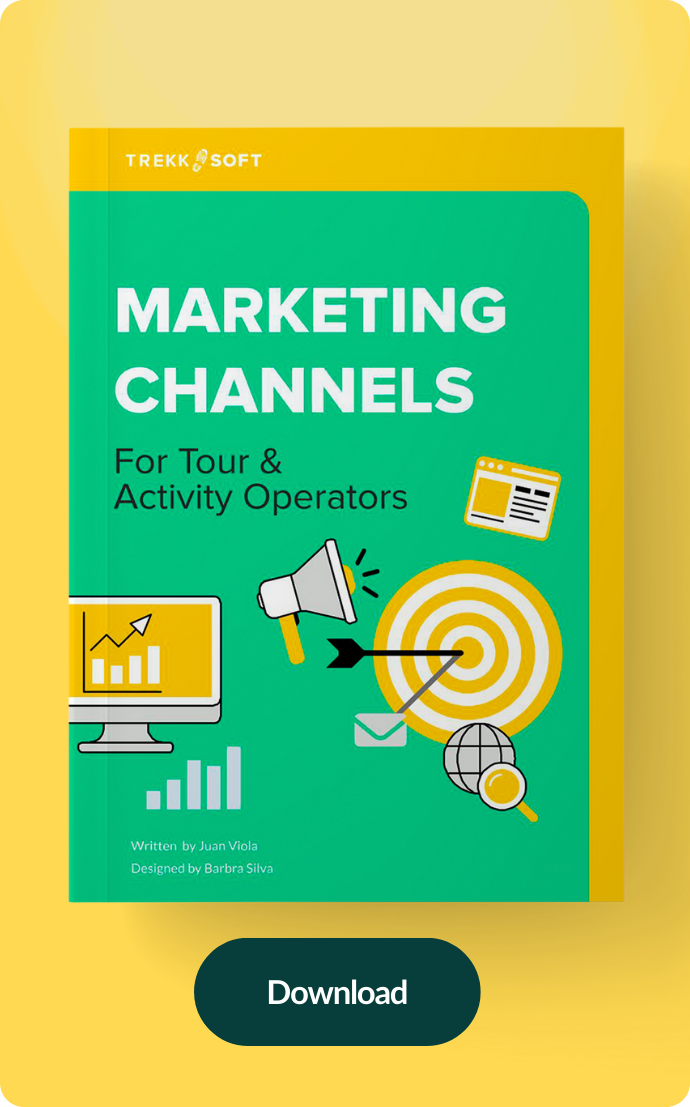As Facebook continues to adopt an algorithm that seems to obstruct businesses from growth, it has come into question within all businesses sectors whether the social media platform is worth it.
Initially, Facebook was a free tool where companies could connect with engaged followers. Today, however, the only way to reach new, and even existing followers, is to pay for additional advertising.
In April 2018, BBC News reported that Wetherspoons, a UK company with over 900 restaurants and bars, would quit all social media platforms with immediate effect. Their justification for the deletion was to comply with the General Data Protection Regulations (GDPR) and to reduce 'the addictive nature of social media'.
Their move raised a talking point among businesses who are becoming frustrated with social media.
Is Facebook worth it?
How has Facebook changed?
When Facebook first launched business pages in 2007, it seemed like a logical decision to separate business accounts from personal accounts. The transition worked well, as any Facebook friends became followers of the business, and followers could see all posts on the business page. The competition was low, and engagement was strong.
In 2007, Facebook also introduced Facebook Ads where businesses could target 'non-followers' to advertise their product. Facebook Ads weren't a necessary tool for companies, and most found success free-of-charge by posting competitions that would be shared and liked by their followers. The engagement reach of this growth-hacking method was massive and gave businesses a free tool to grow their page following.

Facebook caught on and began releasing penalties for businesses found to be asking for post shares or page likes in exchange for prizes. Penalties included warning messages and temporary account closure.
By 2016, Facebook Ads were controlled, limited and increasing in price based on clicks and engagement. In this year the platform introduced a new algorithm that would highlight 'informative posts' for the user. Businesses could now only reach around 13% of their own followers with each post. The change was a huge blow for companies, and the number of recommended weekly posts was reduced to 5 per week.
In 2018, Facebook announced further changes to this algorithm. Mark Zuckerberg, Founder of Facebook released a statement that said:
'We built Facebook to help people stay connected and bring us closer together with the people that matter to us. That's why we've always put friends and family at the core of the experience. Research shows that strengthening our relationships improves our well-being and happiness.
But recently we've gotten feedback from our community that public content -- posts from businesses, brands and media -- is crowding out the personal moments that lead us to connect more with each other.'
The balance of what's in News Feed has shifted away from the most important thing Facebook can do -- help us connect with each other.
The changes now mean Facebook users are seeing less advertising content from businesses, and more from their friends and family. It sounds great that Facebook has gone back to its roots, but it means that companies now need to change their social media strategy or spend even more on Facebook Ads to reach an audience that was once available for free.
Do you need Facebook?
I've written about how Facebook is making it difficult for businesses to engage with existing and potential new followers, but the platform has only reached this stage as it has been so successful for companies.
A Facebook page can be a valuable tool to 'humanize' your company and connect with potential customers. You can show personality through images shared 'behind the scenes', and information produced for an engaged audience. You can also build community pages of your own that offer exclusive membership and content.
Facebook is an important communication tool for instant messenger, and businesses recognize this. Chat-bots using Facebook Messenger are becoming more commonly used in the tourism industry for not only support requests, but also conversion and up-selling.
Read: How to use messaging apps to increase tour & activity bookings
A Facebook business page can work well for SEO (Search Engine Optimization) giving users a direct link to speak to your team or visit your website. Moreover, since your competitors most likely have a business page, it makes sense to have one too, so you don't miss any opportunities.
Facebook is still a free tool to put your business in front of potential customers every day - Although the reach may be lower. It can be successful as part of your online marketing strategy, as a tool to boost conversions and nurture contacts. Facebook Ads are always available when you have a campaign to promote or specific audience to target.

What can businesses do?
- Tell your followers: Your followers may not know about these changes. Educate them by sharing to select to see your page updates first to avoid missing out on communication. They can do this by visiting your business page, clicking on 'Following' and selecting 'See first' on the options panel.

- Publish quality content: Advertisement posts will no longer work. To qualify as relevant and valuable content for followers you need to post engaging content. This could be by asking questions, getting feedback, or posting something that you know your followers will be interested to see.
- Be present and interact: Keep up-to-date with the latest trends. At the moment Facebook will act favorably to posts containing video, so instead of posting an article, post a video version with the content.
- Join Facebook Groups: Expand your reach by joining groups with your customer base. Anything you posted will reach the entire Facebook group, and you will be speaking to potential customers.
- Use Facebook Ads: We recommend using Facebook Ads only if you have a marketing strategy in place or an expert available to advise. If not, you could be throwing away money. View our Facebook Ads checklist
- Look at other platforms: Facebook isn't the only social media platform, and might not be the best tool for your business. Look at Twitter, LinkedIn, Pinterest and Instagram.
 Paid Ad advice from Marcel Whelan, Head of Paid Advertising, TrekkSoft
Paid Ad advice from Marcel Whelan, Head of Paid Advertising, TrekkSoft
It's tempting to use the interest targeting as a starting point for your Facebook ads. If you want to test if Facebook ads are a good fit for your business you should start with a re-marketing campaign. Why? People who buy tours and activities are generally planning to or are in the middle of travelling. This is a complex behavioral trait that isn't going to be detected by their interests. Facebook can detect if someone is currently travelling in your region. Generally it's too late to win them over as they already have a set itinerary. Facebook can also optimize your ads to show to people who are intending to travel. Although they could be intending to travel to a farm in Nantucket as opposed to your husky sled tours in Oslo.
With this in mind, re-marketing helps you reach people who have already visited your site. If you have strong SEO and/or run Google Ads that target search intent keywords for your offering, then you can reach these visitors on Facebook. This gives you a great chance to remind potential customers of your product. Run a website conversion campaign optimized for sales that show your TripAdvisor reviews. You should also target your past-customers with an engagement campaign for the same post. That way they can add social proof through the comments about the experience you offer. To set up a re-marketing campaign you will need to deploy a Facebook pixel on your site. Here is a video explaining how to set it up.
If re-marketing works, you can make an informed decision whether to try other targeting methods on Facebook.





